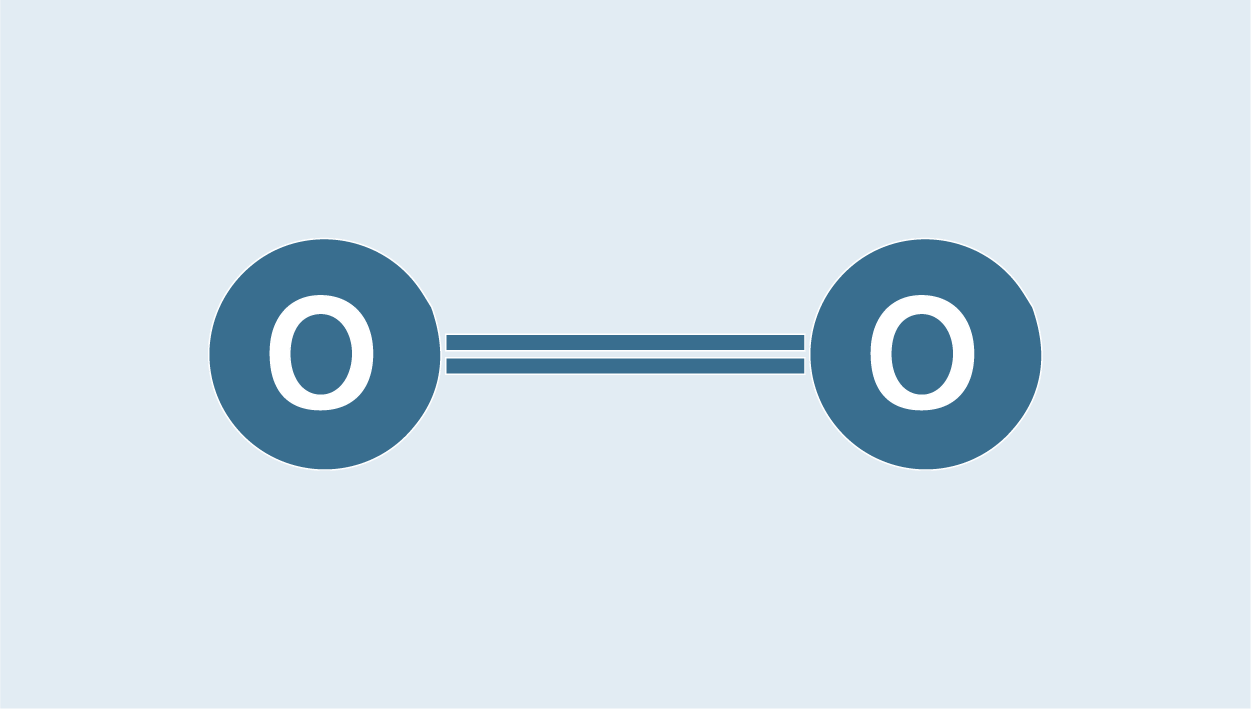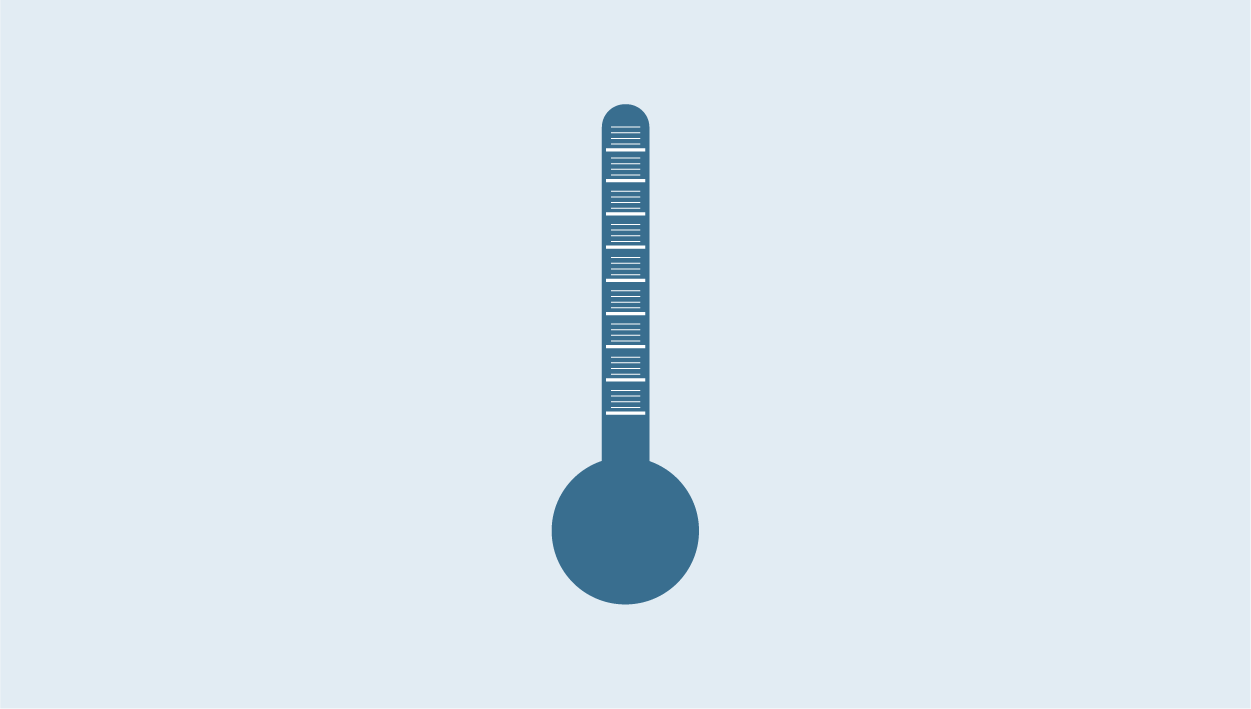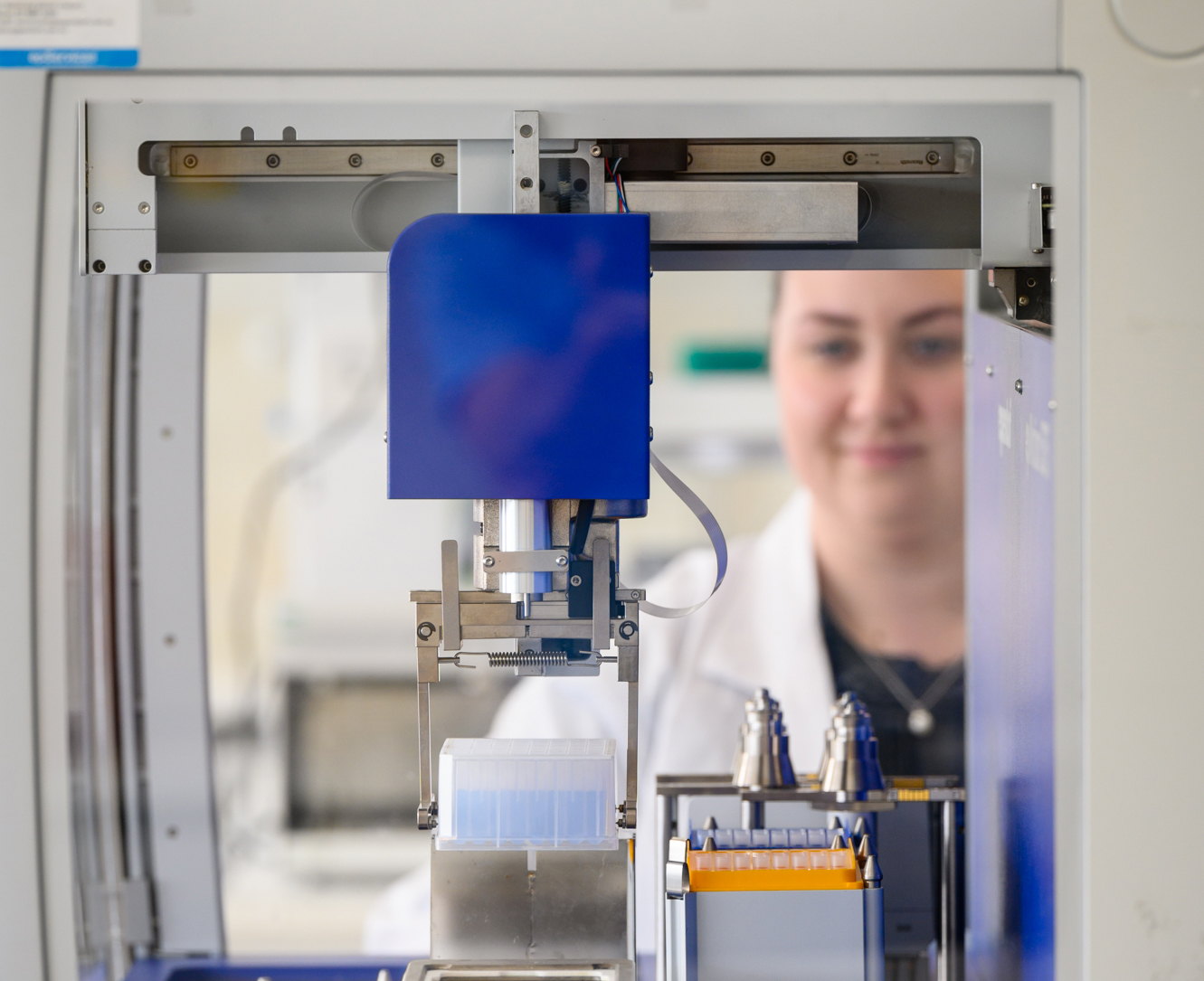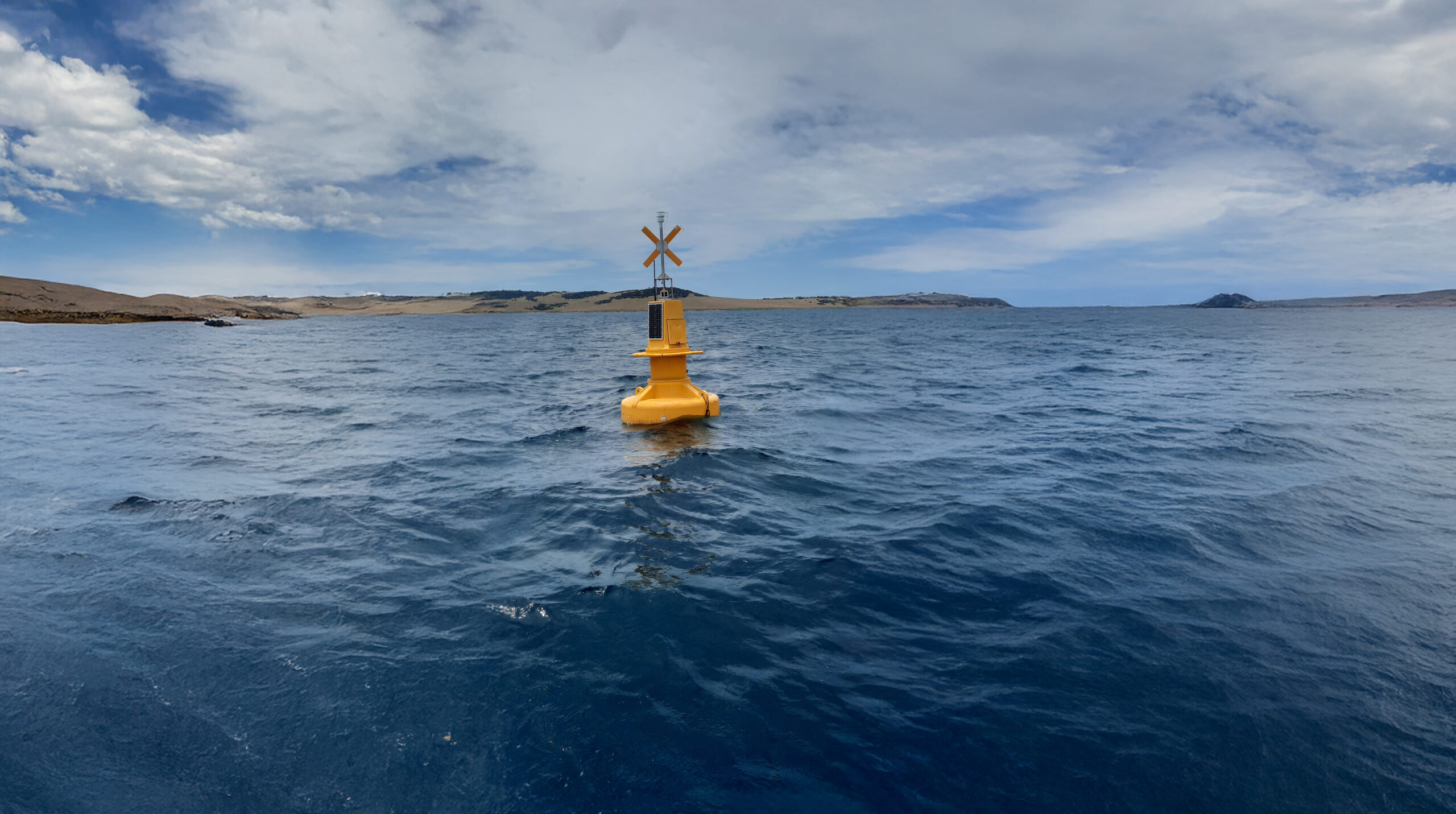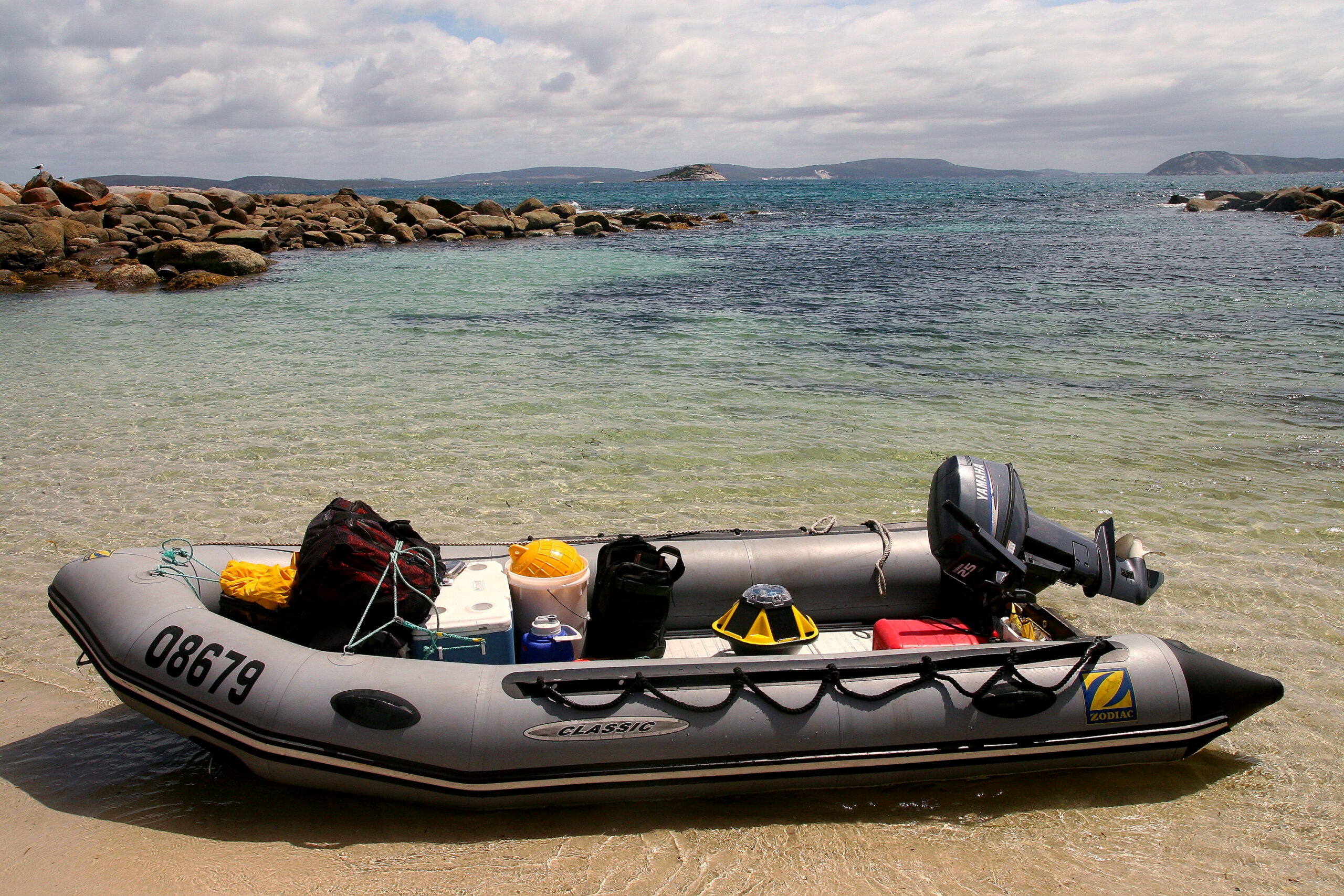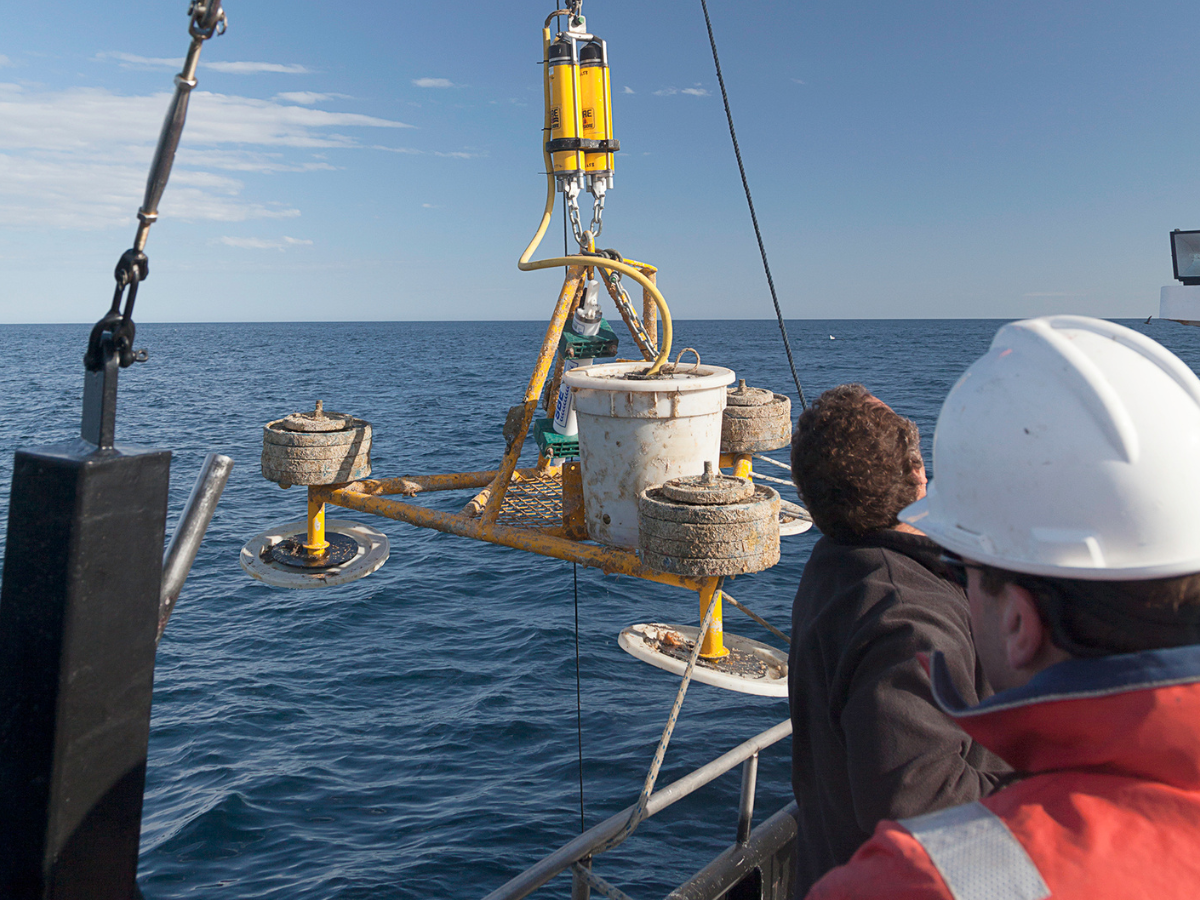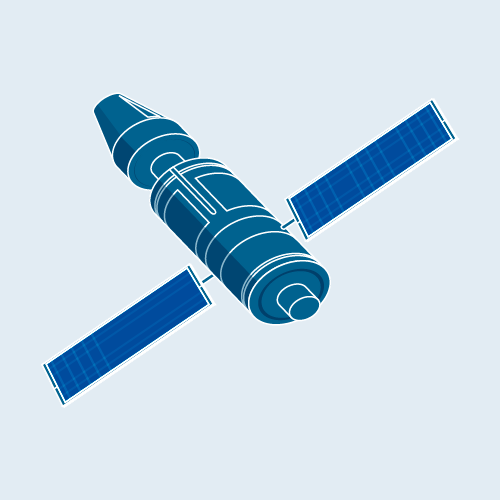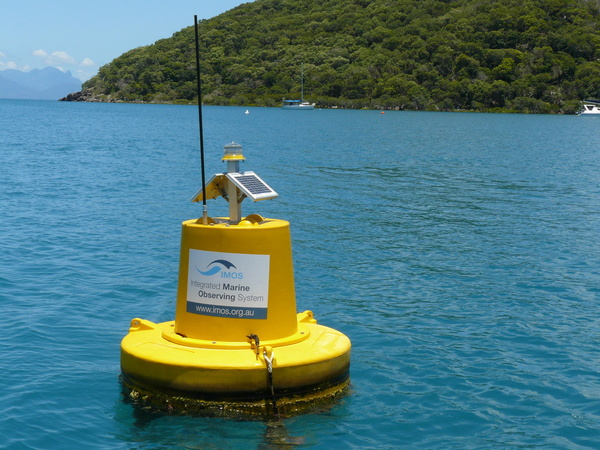Biogeochemical Sensors
Biogeochemical Sensors
Biogeochemical Sensors collect high-quality underway CO2 observations from ships specially fitted with CO2 underway systems. Biogeochemical Sensors increase the spatial coverage of CO2 observations in both Australian waters and the Southern Ocean, complementing data collected by moorings (Acidification Moorings and Southern Ocean Time Series Observatory).
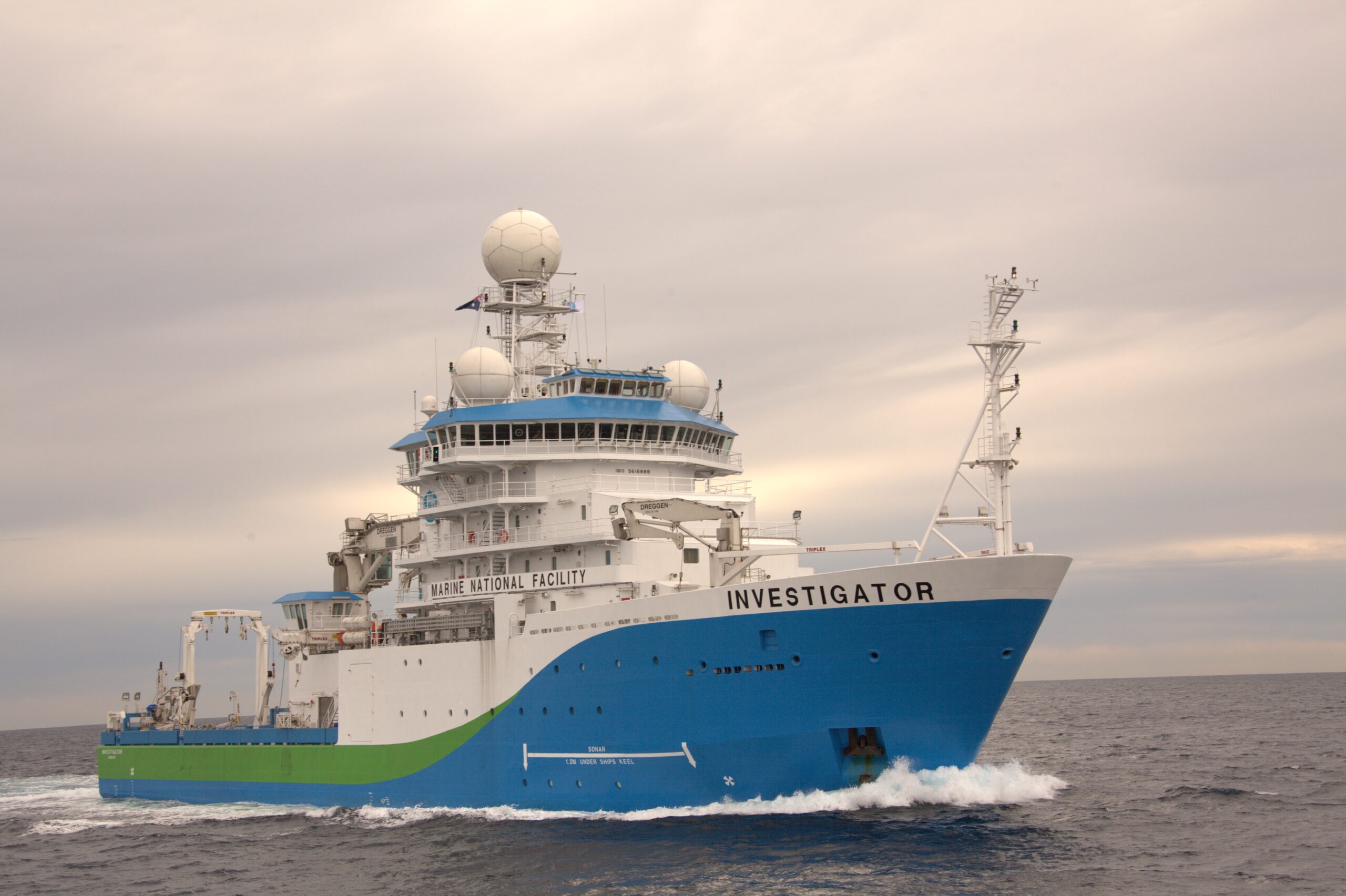
 CSIRO
CSIRO
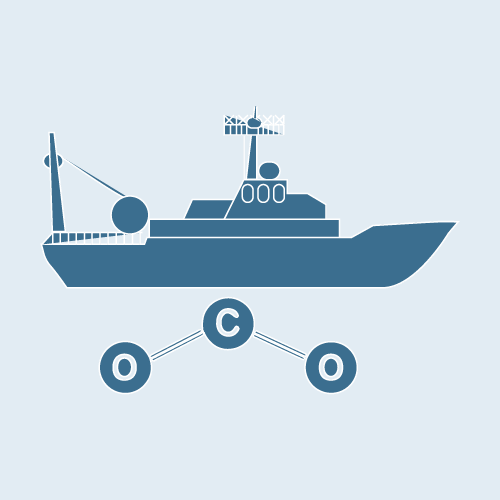
How it works
IMOS uses ships that routinely undertake the same voyage tracks, allowing for high-resolution and temporal information on the changes in CO2 in the environment.
Data
The data collected is used to track both the size and variability of the ocean carbon sink in Australian regional seas and the Southern Ocean. This information is used to directly assess ocean biogeochemical models and provide baseline information used to help establish an understanding of the vulnerability of marine ecosystems to ocean acidification.

Why it’s important
Providing CO2 data that would otherwise not be measured by other Facilities, Biogeochemical Sensors contribute to international efforts to track the ocean carbon sink and inform processes in the Australian region and the Australian sector of the Southern Ocean.
Key data streams
Select a key data stream to view all IMOS Facilities that collect that data.
Useful information
Acknowledging IMOS
Users of IMOS data are required to clearly acknowledge the source material by including the following statement:
Australia’s Integrated Marine Observing System (IMOS) is enabled by the National Collaborative Research Infrastructure Strategy (NCRIS). It is operated by a consortium of institutions as an unincorporated joint venture, with the University of Tasmania as Lead Agent.
